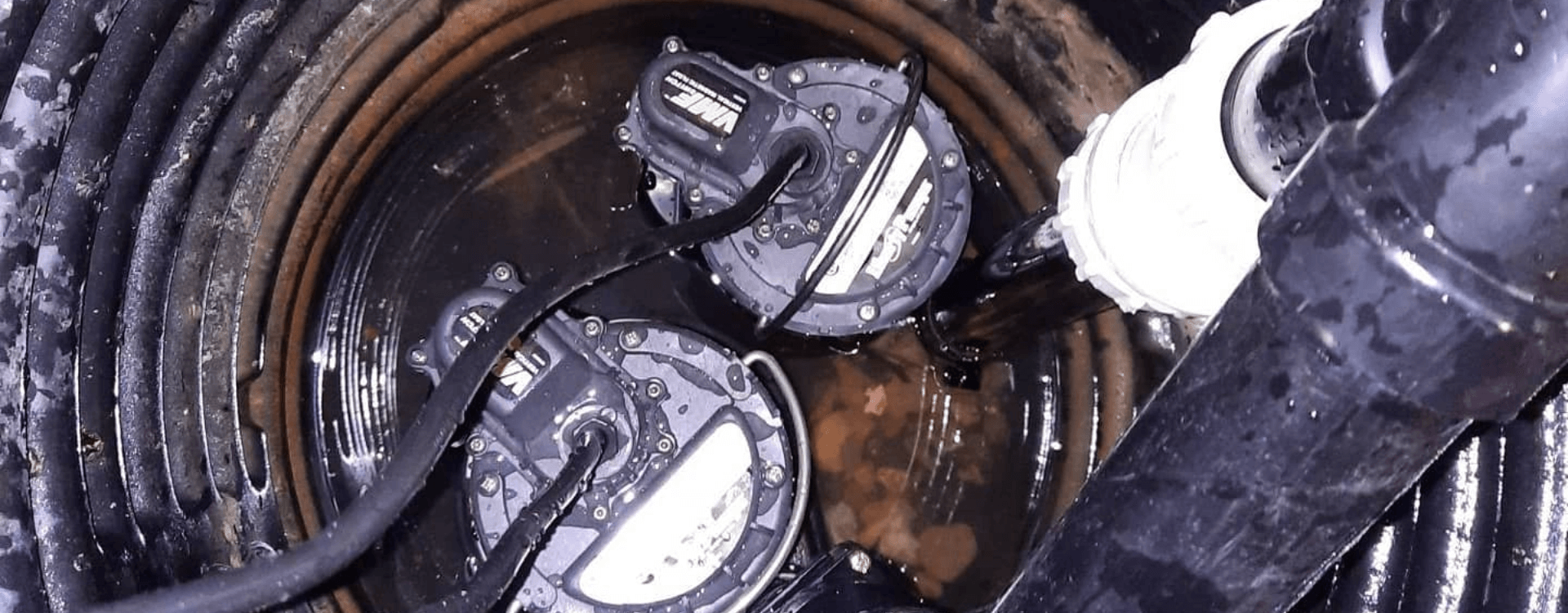If you own a home, then you know a key part of home ownership is caring and maintaining your home’s plumbing system.
While there are licensed professionals to do a lot of the work that needs to be done, there are a few things you can do with your home’s plumbing to keep it maintained in between check-ups with your friendly neighborhood plumber.
- Avoid using harsh chemicals in your pipes. The chemicals poured down your toilet (including bleach or even those blue odor-removing tablets) can eat away at the rubber parts in the toilet, which means you’ll need to replace them if they degrade too much. As well, you could cause very serious injury to yourself or a plumber if they are working on the pipes and those chemicals splash out of the pipes and gets in their eyes or on their skin.
- If your pipes squeak or knock, you may want to anchor them with clips or brackets. Do not drill holes in your plumbing! Instead, use clips or brackets to secure the pipes to beams and joists in your home. If the pipes are inaccessible to you, consider getting a plumber to help.
- Keep an eye out on your floor (especially in your basement and around your toilet and sink) for water. This could indicate leaking, and you’ll want to fix that right away before it gets worse. Some leaks are simple fixes with a small repair, others may require a greater effort. A plumber will be able to help you find the source of the leak and recommend some quick and simple fixes.
- Avoid putting any fats, oils, or grease down the drain. These substances can harden and cause pipe back-ups, making a huge and costly mess on your floor. Dispose of household trash in your garbage and locate a local grease/oil depot to dispose of these substances. Occasionally, dump boiling water down your drains to clear any fat or cooking oil that may have been inadvertently poured down the drain.
- Keep other household drains clear by pouring a cup of baking soda down your drain, followed by a cup of vinegar. Do this monthly to help agitate any debris or build-up. Repeat if necessary. Flush with a pot of boiling water (be careful that it does not splash you when pouring!)
- Use an inexpensive “hair catcher” (available at most dollar stores) to prevent hair from running down your drain and collecting in your pipes.
- If you live in an area that can get below freezing during the winter, make sure you turn off your water and drain your pipes before you leave for an extended period of time (such as a winter vacation). That way, if your house freezes, it won’t cause a pipe burst from frozen water.



